Set in Gaza City in 2003 during the Second Intifada, Loris Lai’s I bambini di Gaza (literally, ‘The Children of Gaza’) recounts the grudging friendship between a Palestinian and an Israeli boy, who bond over surfing, of all things, in a vivid if familiar story that feels slightly unreal in the context of today’s carnage.
Waving the fragile olive branch of childhood friendship at the violent wars of adults, Italo-American director Loris Lai – directing his first feature but backed by well-known Italian producer Elda Ferri and Tarak Ben Ammar, who recently produced another Palestinian tale, The Teacher – risks being taken for an idealist and a dreamer in proposing children as the last hope Palestinians and Israelis have to attain peaceful co-existence. Sadly, it seems particularly implausible as the war against Gaza drags on and the casualties explode.
The story is based on a 2013 novel by Nicoletta Bortolotti and the film (also known by the title ‘Roll’, a surfing term) was ready for release before Hamas’s attack on Israel on October 7 drew the region into the current deadly war. For this reason it is both timely, indeed fascinating, in its description of Gaza under attack, but also awkwardly behind the times in placing its faith in the natural instincts of children to overcome a situation that is clearly under political control.
We meet the fatherless eleven-year-old Mahmud, brought to life by engaging newcomer Marwan Hamdan, as he plays “Kill the Jew” war games with his friends, half of whom wear grotesque paper masks to represent Israelis. Their makeshift weapons are made of wood and wire, but the sound of gunshots just offscreen is real enough. All around them are the dusty ruins of bombed-out houses and wrecked cars, and occasionally corpses as well. The kids seem strangely oblivious of this repulsive world of death, even as some of them are selected by masked adults to be brainwashed and trained for suicide missions. Unlike The Teacher, the film draws a heavy line of separation between normal Gazans like Mahmud’s mother (delicately sketched by Lyna Khoudri) and the militants of Hamas, presented as an unscrupulous death cult in chilling scenes inside their training camp. This is the fearsome path that Mahmud seems destined to embark.
In contrast to the hellish realism of his environment, however, the boy dreams of becoming a champion surfer like the blond foreigner Dan (Tom Rhys Harries), a.k.a. the Ghost of Gaza, who emerges from his personal problems and depression long enough to give Mahmud some surfing instruction on the enviably wide sand beaches of the city. But there is a second student, Alon (Mikhael Fridel), who lives with his parents in a nearby Israeli settlement. To surf the waves, he courageously slips back and forth across the heavily guarded border. A subplot like this seems quite surreal in the midst of the war, which is always present with constant bombardments, bleeding casualties and mourning mothers, all presented with the images we are accustomed to in newsreels.
Several dream sequences push the contrast further in underwater scenes of lyrical beauty, shot by cinematographer Shane Seigler and scored by the heavenly melodies of Oscar-winning Italian composer Nicola Piovani, who is a major plus for the film. Production design by Bessem Marzouk conveys a real sense of daily life under bombing and machine gun fire. A highlight is Mahmud’s vertiginous visit to the tunnels under Gaza, where amidst guns, missiles and strategy meetings, a wedding is in progress.
Director: Loris Lai
Screenplay: Loris Lai, Dahlia Heyman
Cast: Marwan Hamdan, Mikhael Fridel, Lyna Khoudri, Tom Rhys Harries
Producers: Elda Ferri, Tarek Ben Ammar, Peter De Maegd, Frederic Ollier
Cinematography: Shane Seigler
Editing: Andrea Maguolo
Production design: Bessem Marzouk
Music: Nicola Piovani
Production companies: Jean Vigo Italia, Eagle Pictures, B-Roll Production, Panoramic Films, Potemkino
World Sales: Eagle Pictures
Venue: Rome, Italy
In Arabic, Hebrew, Italian
112 minutes

.png)
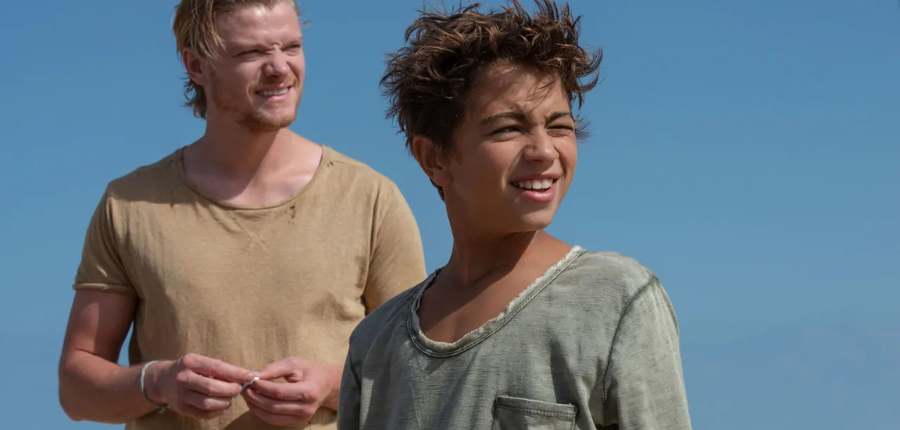

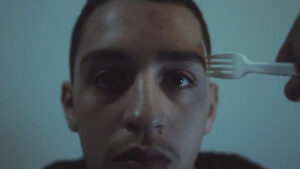
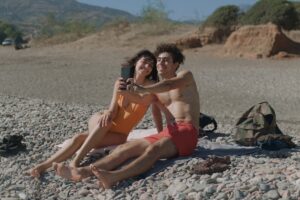
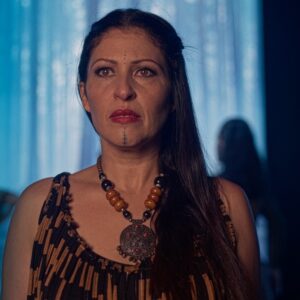
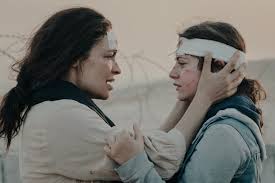
g8zdvn
You have observed very interesting points! ps nice internet site.Blog monetyze